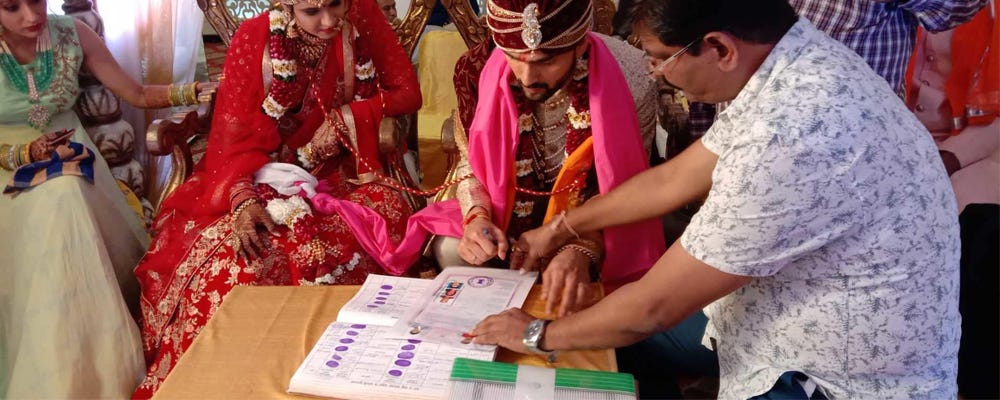Section 14 – Arbitration And Conciliation Act, 1996
Failure or impossibility to act (1) The mandate of an arbitrator shall terminate [and he shall be substituted by another arbitrator,] if— (a) he becomes de jure or de facto unable to perform his functions or for other reasons fails to act without undue delay; and (b) he withdraws from his office or the parties agree to the termination […]
Section 14 – Arbitration And Conciliation Act, 1996 Read More »



